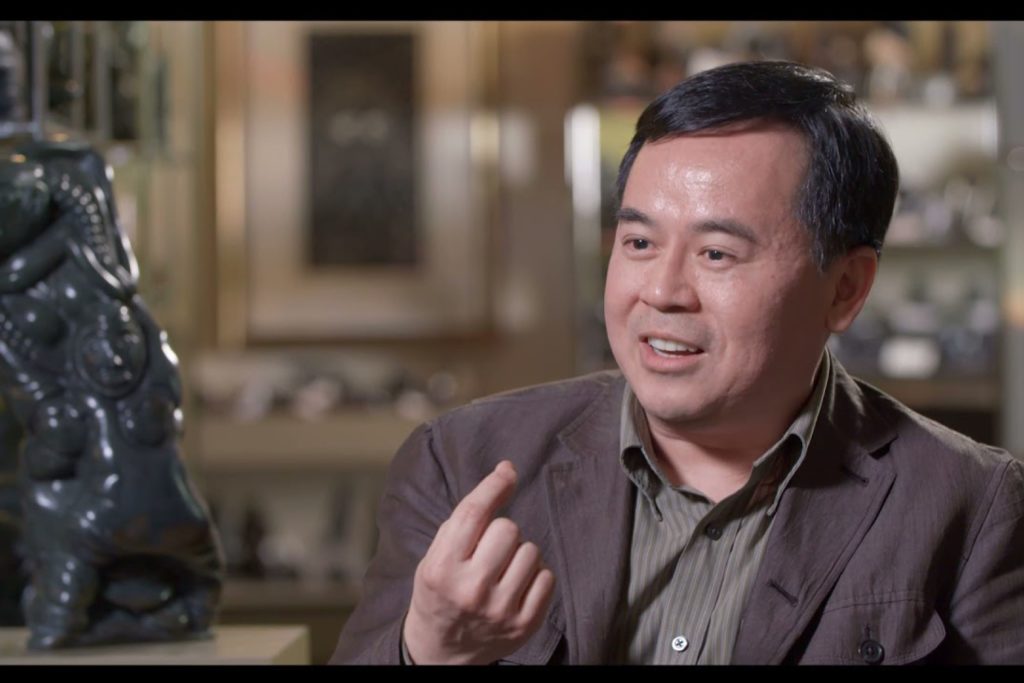
Chhoan journeyed from Cambodia’s killing fields to work with the Inuit community of Nunavik as Senior Manager of the Socio-Economic Development for Fédération des coopératives du Nouveau-Québec, and will share his expertise in Congress session 3.4, ‘For Strengthening the Community’.
Sokchiveneath Taing Chhoan arrived in Canada as one of the last ‘boat people’ to escape Cambodia’s killing fields. He had lost two sisters, his brother and biological father and experienced extreme poverty in his home country.
“I know how it feels not having food on the table,” says Chhoan, recalling his former life in Cambodia in an interview with filmmaker John Houston. “There was no table actually.”
Chhoan is now Senior Manager of Socio-Economic Development for Fédération des coopératives du Nouveau-Québec (FCNQ). Working with the Inuit of Northern-Québec, or Nunavik, as it is now known, has given Chhoan a chance to live his values in service of a new community he cares deeply about.
Chhoan explains that the cooperative values to him are sharing and empowerment, and this is what Nunavik’s Inuit-led coops are based on.
“When I first started here I didn’t know what the co-op model was, and then quickly I learned that it’s almost the same value as Cambodian, as myself,” said Chhoan.
“It’s emotional, because I want to help my people in Cambodia as well, but I can’t, because cooperative in Cambodia means communism – literally. If I cannot help Cambodians then maybe I can help the Inuit.”
Chhoan says that the one message he wants to pass on to his current and future employees at FCNQ is this: “Whatever you do at the end of the day, if it helps an Inuk, do it. You can’t get that wrong. Every time I say that to someone else I get goosebumps, because those are my values. The day that I cannot help an Inuk – I’ll be out of here, that’s for sure.”
On the afternoon of December 2, Chhoan will sit on the panel for the World Cooperative Congress session 3.4, ‘For Strengthening the Community’, exploring how the cooperative movement can help to build independent, self-reliant communities.
